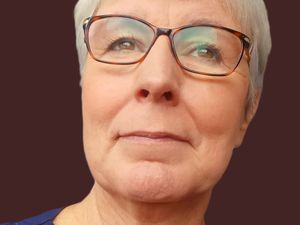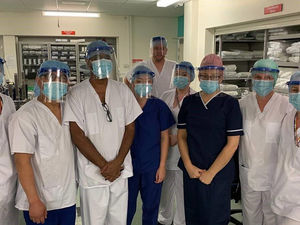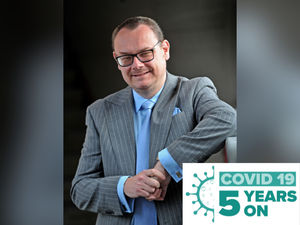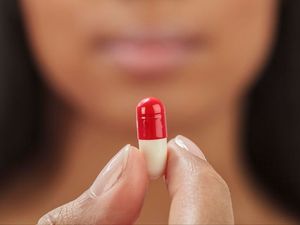Covid-19 vaccine could be given every year like flu jab, says Matt Hancock
The virus will not go away, the Health Secretary warned.
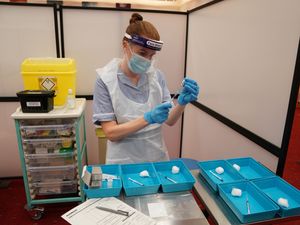
People could be vaccinated against coronavirus every year in a similar way to the annual flu jab programme, the Health Secretary has said.
Matt Hancock said a dual vaccination against the two conditions in future is “highly likely”.
It comes as a health expert warned that even after vaccinating the most vulnerable parts of the population, things will not necessarily return to normal.
The Government is aiming to offer inoculations to almost 14 million vulnerable people in the UK by mid-February.
More than half a million over-80s are due to receive invites this week to jet a jab at one of seven new regional centres in England.
Mr Hancock said the Government was on course to reach its target, running at over 200,000 people being vaccinated in England every day, and having already vaccinated around one third of the over-80s in the country.
He said all adults are expected to be offered an injection by the autumn.
Mr Hancock told Sky News’ Sophy Ridge On Sunday programme: “I hope that we will be able to handle this (disease) in the future through a vaccination programme in the same way that we do flu each year.
“I think it’s highly likely that there will be a dual vaccination programme for the foreseeable – this is in the medium-term – of flu and Covid.”
Professor Peter Horby, chairman of the New and Emerging Respiratory Virus Threats Advisory Group (Nervtag), said it might be that people would have to get a coronavirus vaccine “every few years” if it does need to be updated against new variants and depending on how long immunity lasts.
He said the information to date on the success of vaccines against new variants is “very encouraging”, but warned the virus “will not go away”.
He told the BBC’s Andrew Marr Show: “This one (virus) I think will not go away. We’re going to have to live with it but that may change significantly.
“It may well become more of an endemic virus, that’s with us all the time and may cause some seasonal pressures and some excess deaths, but is not causing the huge disruption that we’re seeing now.”
He said even after the elderly – who due to their age are more vulnerable to serious effects from Covid-19 – are vaccinated, the virus will have to be managed “with social distancing measures as well as vaccination for the coming months”.
Questions still need to be answered about how much protection coronavirus vaccines will afford the public, said Professor Devi Sridhar.
The chair of public health at Edinburgh University said it was not yet clear how long immunity lasts, if the vaccines stop people from being infectious or how much of the population would need to be covered to provide herd immunity.
She told Times Radio: “For me, the vaccine is definitely there, we have to continue roll-out, keep saving lives through protecting vulnerable people with that.
“But it’s not a strategy in and of itself and relying on it alone is highly, highly risky, especially with all the new variants and mutations. We need to have a plan and the vaccine supports that plan but it’s just your plan.”
Professor Adam Finn, a member of the Joint Committee on Vaccination and Immunisation (JCVI), said the vaccine roll-out will already have prevented thousands of people from having to be admitted to hospital with the virus.
The professor of paediatrics at the University of Bristol said the chair of the JCVI had instructed members to come up with a plan by the middle of February for the priority order of who should be vaccinated next.
He told Sky News: “As you can appreciate these considerations start to be social values in a way more than the criteria we normally use, which is pressure on the health service.
“There are broader considerations when it comes to people with different occupations and the relative importance of them in society.”
Buckingham Palace revealed the Queen and Duke of Edinburgh had received their Covid-19 vaccinations on Saturday.
A royal source confirmed the injections were administered by a royal household doctor at Windsor Castle.


